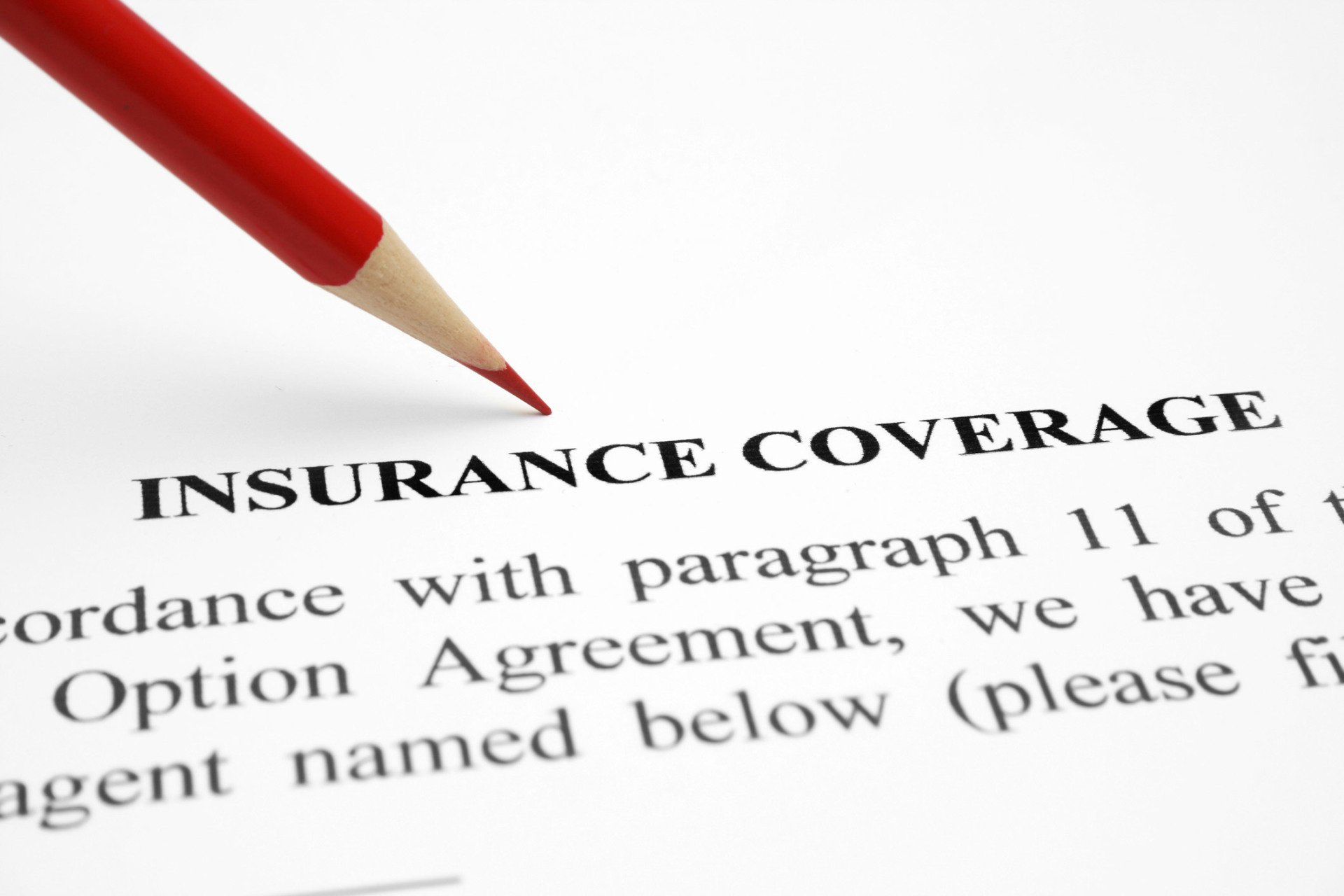Factors That Influence Life Settlement Amounts
- By Admin
- •
- 24 Jan, 2020
- •

A life settlement gives you a one-time payout in exchange for your life insurance policy. How much you could get through this arrangement depends on many different factors. Here are a few of them.
Your Life Insurance Policy's Value
From a life settlement buyer's perspective, the settlement arrangement is an investment for a future reward. In exchange for an up-front payment that they give you now, the buyer gets to receive your policy's death benefits once they're able to file a claim.
Since the death benefits determine how much the buyer will ultimately receive, these have a substantial impact on how much they're willing to pay you for the policy. The larger your policy is, the more they'll ultimately get and the more they can pay you now.
Thus, a life insurance policy that has $1 million worth of coverage will likely qualify for a much larger settlement than a policy that has only $100,000 in coverage if all other factors are the same. A policy that provides $5 million in coverage would get you even more.
Your Life Insurance Policy's Premiums
When the buyer purchases your life insurance policy through a settlement, they take over paying the premiums of the policy. This becomes an ongoing expense, or maintenance cost, for them. Should they fail to pay the cost necessary to maintain the policy-- that is, the premiums - then their investment will default.
How much the buyer has to pay in premiums every year impacts the total amount that they'll sink into the policy before seeing a return. Thus, a buyer likely won't want to pay as much for a policy that has high premiums as they will for a policy that has low premiums.
Calculating the premiums for a policy can be complex. Premiums can change, and sometimes they're paid through investments contained within a policy. Companies that specialize in life settlements, however, have specialized calculators that help them extrapolate the ongoing cost of maintaining a policy.
Your Current Age
How long you live determines the number of years a life settlement buyer has to keep paying those premiums, so this too impacts how much your life settlement might be. If they don't expect to pay premiums for too long, they may be willing to give you more for your policy. If they have to pay premiums for a long time, they may offer you less up front.
While no one knows exactly how long you'll live, your current age is one set variable that the life settlement buyer can use. They can take your age and insert it into actuarial tables to determine an average life expectancy for you.
Your Overall Health
Because your overall health also affects your life expectancy, this also will play a factor in your life settlement. Your health will be plugged into actuarial tables to further determine your life expectancy.
Your Life Insurance Policy's Type
There are three main types of life insurance, and the type you have also impacts how much your life settlement is. The types of policies are:
To see how much you could get for a life settlement, contact Habersham Funding LLC.
Your Life Insurance Policy's Value
From a life settlement buyer's perspective, the settlement arrangement is an investment for a future reward. In exchange for an up-front payment that they give you now, the buyer gets to receive your policy's death benefits once they're able to file a claim.
Since the death benefits determine how much the buyer will ultimately receive, these have a substantial impact on how much they're willing to pay you for the policy. The larger your policy is, the more they'll ultimately get and the more they can pay you now.
Thus, a life insurance policy that has $1 million worth of coverage will likely qualify for a much larger settlement than a policy that has only $100,000 in coverage if all other factors are the same. A policy that provides $5 million in coverage would get you even more.
Your Life Insurance Policy's Premiums
When the buyer purchases your life insurance policy through a settlement, they take over paying the premiums of the policy. This becomes an ongoing expense, or maintenance cost, for them. Should they fail to pay the cost necessary to maintain the policy-- that is, the premiums - then their investment will default.
How much the buyer has to pay in premiums every year impacts the total amount that they'll sink into the policy before seeing a return. Thus, a buyer likely won't want to pay as much for a policy that has high premiums as they will for a policy that has low premiums.
Calculating the premiums for a policy can be complex. Premiums can change, and sometimes they're paid through investments contained within a policy. Companies that specialize in life settlements, however, have specialized calculators that help them extrapolate the ongoing cost of maintaining a policy.
Your Current Age
How long you live determines the number of years a life settlement buyer has to keep paying those premiums, so this too impacts how much your life settlement might be. If they don't expect to pay premiums for too long, they may be willing to give you more for your policy. If they have to pay premiums for a long time, they may offer you less up front.
While no one knows exactly how long you'll live, your current age is one set variable that the life settlement buyer can use. They can take your age and insert it into actuarial tables to determine an average life expectancy for you.
Your Overall Health
Because your overall health also affects your life expectancy, this also will play a factor in your life settlement. Your health will be plugged into actuarial tables to further determine your life expectancy.
Your Life Insurance Policy's Type
There are three main types of life insurance, and the type you have also impacts how much your life settlement is. The types of policies are:
- Term life insurance, which offers benefits for a specific amount of time
- Whole life insurance, which lasts your entire life as long as premiums are paid
- Universal life insurance, which also lasts your entire life and sometimes has features that reduce premiums during your senior years
To see how much you could get for a life settlement, contact Habersham Funding LLC.










